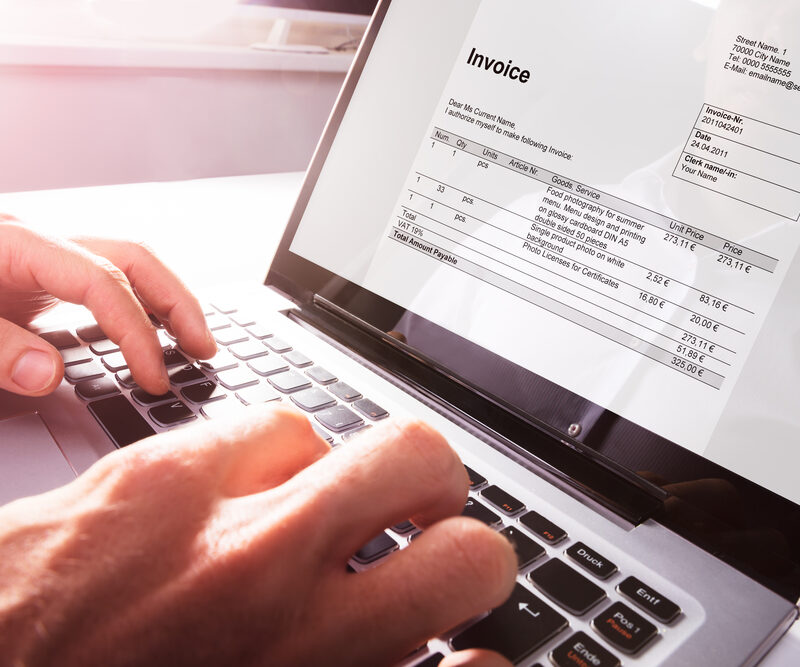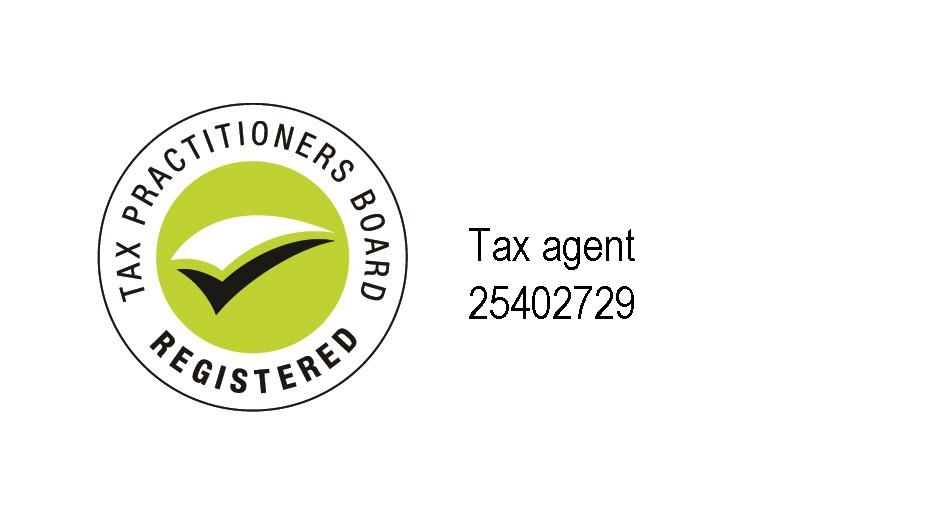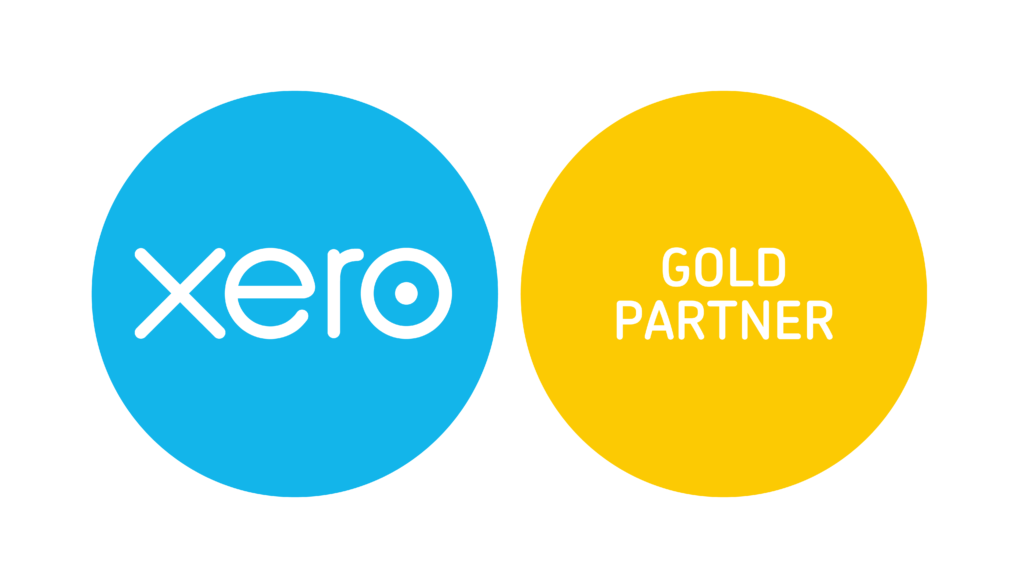Government Consultation Paper into e-invoicing Adoption

Key Points
- Treasury has recently released a Government Consultation Paper into e-invoicing adoption which includes plans to introduce a requirement that all businesses adopt e-invoicing through a phased approach, starting with large businesses.
- e-invoicing involves a digital exchange of invoices between a supplier’s and a buyer’s software or systems.
- The paper acknowledges that any mandate would not prohibit businesses from continuing to send and receive non-e-invoices such as paper and PDF invoices.
Full Article
Options being canvassed by the Treasury in its recently released Government Consultation Paper into e-invoicing adoption, introducing a requirement that all businesses adopt e-invoicing through a phased approach starting with large businesses.
e-invoicing involves a digital exchange of invoices between a supplier’s and a buyer’s software or systems, and has been tipped to be a more efficient, secure and accurate way of processing invoices.
The government hopes this will accelerate e-invoicing adoption, ensuring that it becomes part of the broader digitization of businesses, and bring forward significant benefits associated with e-invoicing, such as time and cost savings. The Government also anticipates that major accounting software providers will be able to support e-invoicing by mid-2021, giving over 60% of SMEs smooth access to the new feature.
However, the consultation paper acknowledges that any such mandate would impose regulatory cost on businesses, with companies that do not use accounting or business software likely to find it challenging or expensive to adopt e-invoicing.
The consultation paper also considers sanctions for businesses that do not comply with the e-invoicing mandate, which include financial civil penalties or public notices.
The government noted, however, that any mandate would not prohibit businesses from continuing to send and receive non-e-invoices such as paper and PDF invoices.
Other options being considered include mandating adoption for large businesses only, or giving businesses the flexibility to adopt e-invoicing at their own pace.
This paper comes after the government committed $3.6 million in the October federal budget to facilitate the adoption of e-invoicing across government, with large agencies required to be e-invoicing ready by 1 July 2021, followed by all agencies in 2022.
The government believes each e-invoice will deliver up to $20 in cost savings for each paper invoice it replaces, citing research by Deloitte Access Economics that estimates economy-wide benefits of up to $28 billion over 10 years.
The Treasury’s consultation is set to run until 18 January 2021.
If you have any questions or need advice and clarity specific to your situation, feel free to contact Semmens & Co on 03 8320 0320 for a free consultation.







